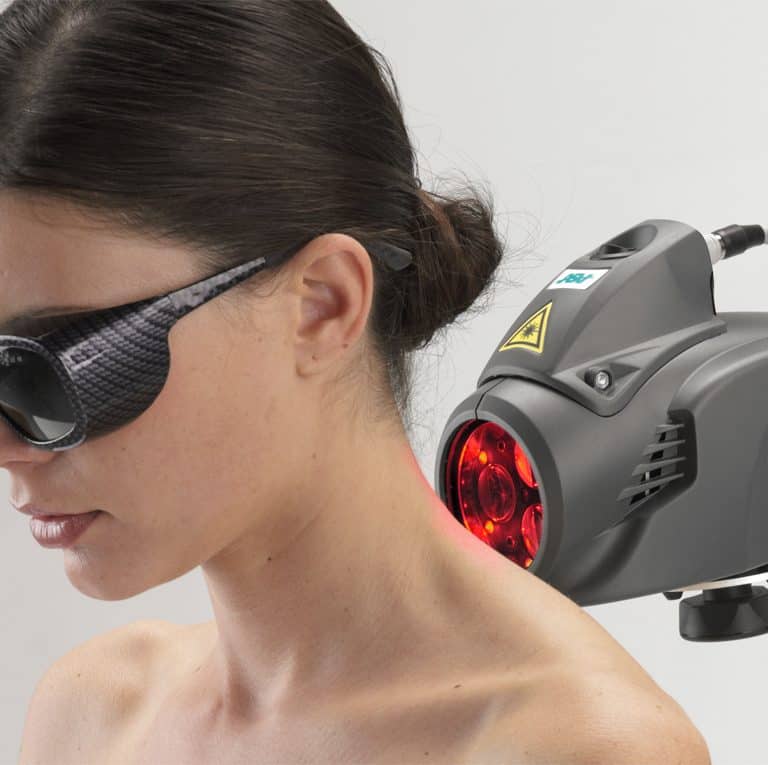Fantastic Info About How To Prevent Oedema

[ 1] signs and symptoms of edema.
How to prevent oedema. Reducing sodium and refined carb intake 2. Increased size of the abdomen (with ascites). Pulmonary edema is a condition caused by too much fluid in the lungs.
Taking a bath or soaking your feet in a tub of water with epsom salts may help decrease inflammation and swelling in the ankles by increasing magnesium levels. Moving and using the muscles in the part of the body that's swollen, especially the legs, might help move fluid back toward the heart. Wearing compression garments and reducing salt in the diet often relieves edema.
This fluid collects in the many air sacs in the lungs, making it difficult to. Getting a moderate amount of exercise, which can help prevent swelling due to inactivity; How is fluid retention treated?
To differentiate between dependent edema and one of the other types of edema, apply gentle pressure to the affected area. When should i see my doctor? The most common cause of swollen legs is oedema.
What causes swollen legs? This is a collection of fluid in between the cells, which are the building blocks of. There are several things you can do to help reduce dependent edema:
Trying certain herbs such as dandelion, horsetail, or parsley see more It can affect a small area or the entire body. Body parts swell from injury or inflammation.
When a disease causes edema, the disease needs treatment, as well. Increasing potassium, vitamin b6, or magnesium intake 3. Swelling or puffiness of the tissue directly under the skin, especially in.
Signs and symptoms that you have edema include: Raise the affected are above your heart to help the extra fluid. Edema is the medical term for swelling.
Edema refers to swelling due to fluid buildup in bodily tissues. You may be able to help reduce water retention and promote fluid balance by making certain dietary and lifestyle changes, such as: What are the symptoms of fluid retention?
Simple lifestyle changes like elevating the swollen part of your body or moving around if you were sitting or standing for a long period of time can reduce. One way to find out if you are retaining water is by gently pressing the foot, ankle or calf with slow, steady pressure using the thumb. It is common in the skin but can affect the brain, lungs, and other organs.


















